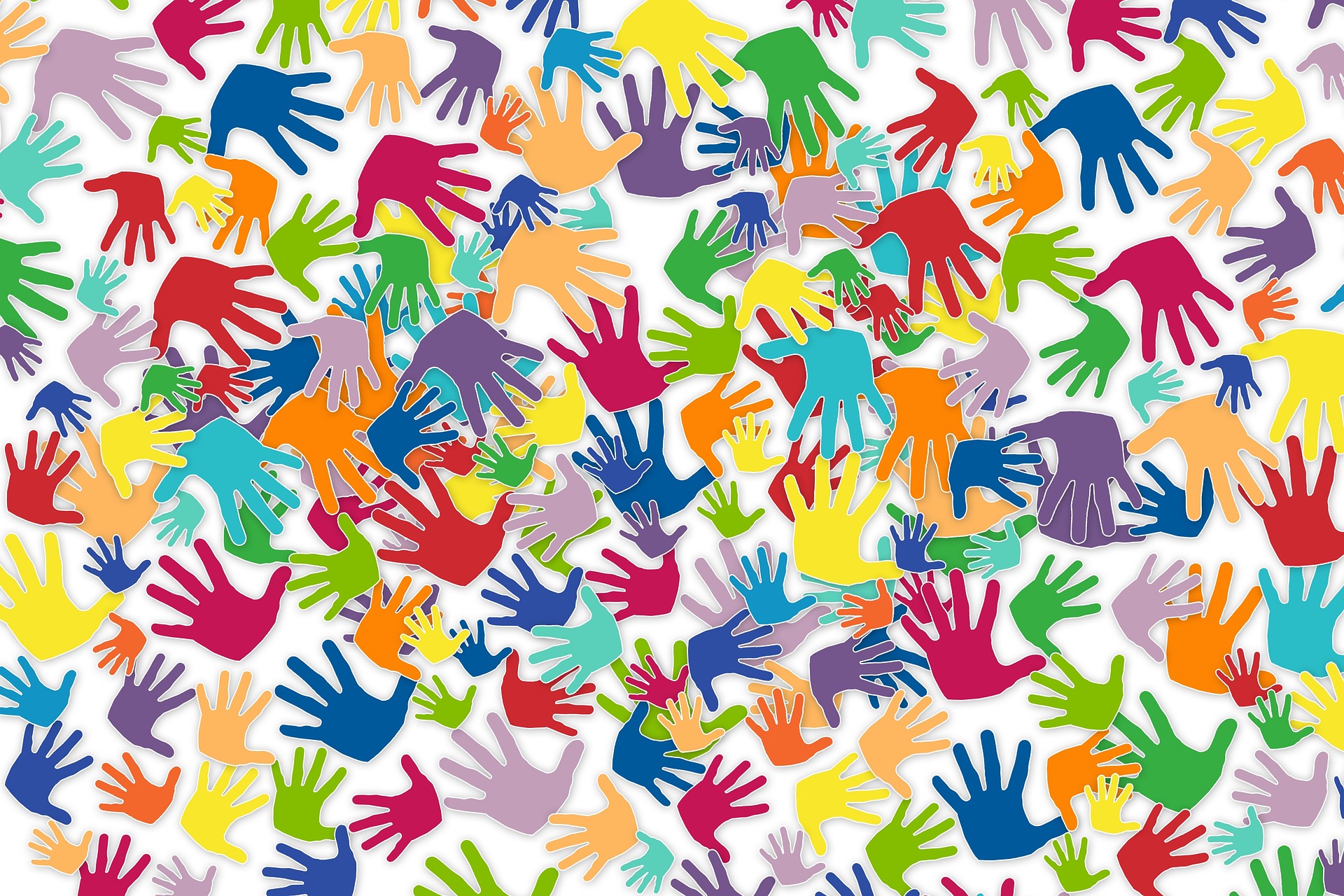Seeking Support: Common Reasons People Come to Counselling
Counselling is a valuable resource that offers individuals a safe and confidential space to explore their thoughts, emotions, and experiences. People from all walks of life turn to counselling for various reasons, seeking support and guidance in navigating life’s challenges. In this blog post, we will explore some common reasons why individuals come to counselling.
- Mental Health Concerns: One of the primary reasons individuals seek counselling is to address mental health concerns. This can include conditions such as anxiety, depression, stress, or trauma-related disorders. Counselling provides a supportive environment for individuals to discuss their experiences, gain insight, and develop coping strategies to manage their symptoms effectively.
- Relationship Issues: Relationships can be complex and challenging, and many individuals seek counselling to address concerns within their intimate relationships, family dynamics, or friendships. Counselling can help individuals improve communication, resolve conflicts, and build healthier and more fulfilling relationships.
- Life Transitions: Major life transitions, such as career changes, divorce, relocation, or loss of a loved one, can leave individuals feeling overwhelmed and uncertain. Counselling offers a space to navigate these transitions, explore emotions, and develop coping strategies to adapt and move forward.
- Self-Exploration and Personal Growth: Counselling is not solely for those in crisis; many individuals seek therapy as a means of self-exploration and personal growth. They may have a desire to better understand themselves, improve self-esteem, or gain clarity about their values, goals, and purpose in life.
- Stress and Coping Skills: In today’s fast-paced world, stress is a common experience. Counselling can help individuals develop effective stress management techniques and coping skills to navigate challenging situations, reduce anxiety, and achieve a better work-life balance.
- Grief and Loss: The loss of a loved one, whether through death, a relationship breakup, or a significant life change, can be devastating. Counselling provides support for individuals experiencing grief and loss, helping them navigate the grieving process, find meaning, and develop resilience.
- Emotional Well-being: Counselling is not solely focused on addressing problems or concerns. It also offers individuals an opportunity to enhance their emotional well-being and overall quality of life. Through therapy, individuals can develop self-care practices, increase self-awareness, and learn techniques to manage emotions effectively.
- Past Trauma: Traumatic experiences from the past can have a profound impact on an individual’s well-being. Counselling provides a safe and supportive space to address past trauma, process emotions, and work towards healing and recovery.
It is important to remember that everyone’s journey is unique, and reasons for seeking counselling can vary. The decision to engage in therapy is a courageous step towards self-care and personal growth. Counselling offers a compassionate and non-judgmental space where individuals can find support, gain insights, and develop skills to lead more fulfilling lives.
In conclusion, counselling serves as a valuable resource for individuals facing a range of challenges. Whether seeking support for mental health concerns, relationship issues, life transitions, personal growth, stress management, grief and loss, or past trauma, counselling provides a safe and supportive environment to explore, heal, and grow. The decision to seek counselling is a positive step towards self-care and investing in one’s overall well-being.
If you’d like to start your counselling journey, click here to make an appointment.

